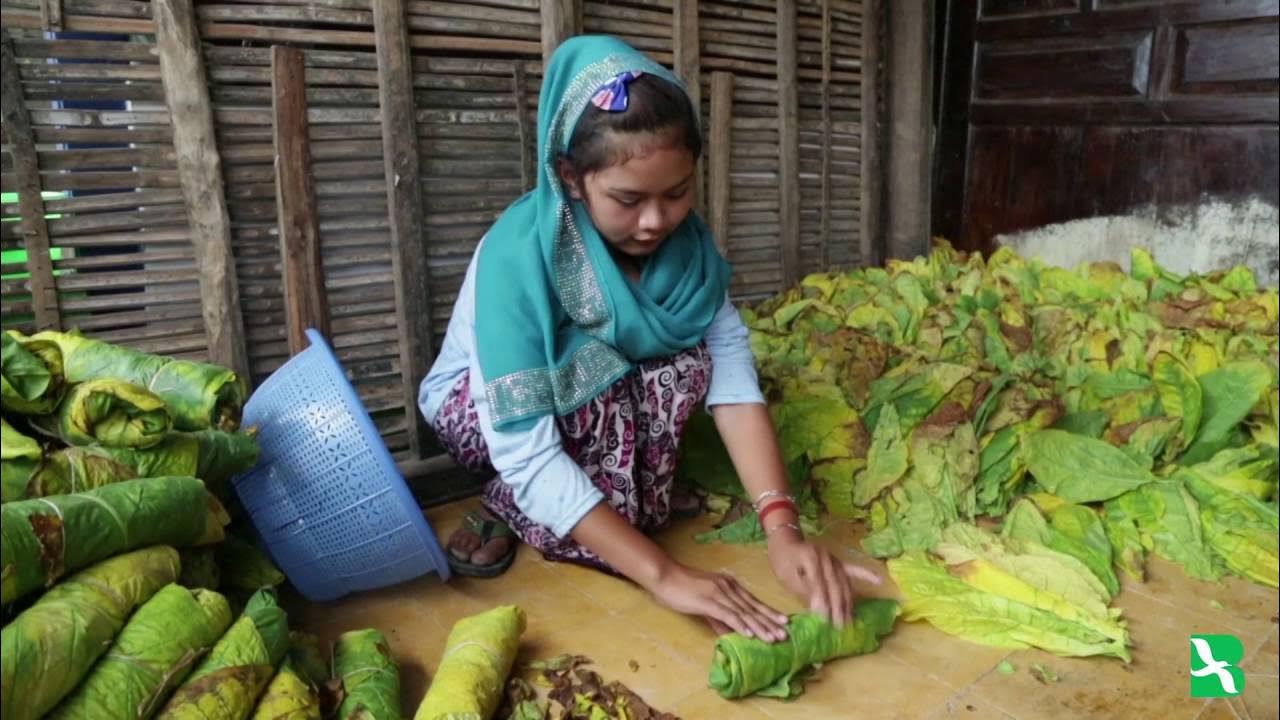Starbucks Is Using Child Labor Overseas To Pick Coffee Beans
Summary
TLDRA recent report from the UK’s Dispatches reveals alarming child labor practices in Guatemala, where children as young as eight are paid less than $7 a day to pick coffee beans for companies like Starbucks and Nespresso. Despite their claims of zero tolerance for child labor, the companies appear either oblivious to the exploitation in their supply chains or complicit in it. The report highlights a lack of investigative journalism in the U.S., contrasting past efforts to expose unethical labor practices. This raises critical questions about corporate accountability in the multibillion-dollar coffee industry.
Takeaways
- 📰 A recent Dispatches report revealed that children in Guatemala, some as young as eight, are forced to work long hours picking coffee beans.
- 💰 These child laborers earn less than £5 per day (around $6.38), highlighting severe exploitation.
- ☕ The coffee beans picked by these children are primarily for export, supplying major companies like Starbucks and Nespresso.
- 🔍 The lack of investigative journalism in the U.S. allows such unethical practices to continue without scrutiny.
- 🚨 Nespresso and Starbucks responded to the report with claims of zero tolerance for child labor and promises to investigate.
- 😡 There is skepticism about whether these corporations genuinely did not know about the child labor conditions in their supply chains.
- 📉 The decline of programs like 60 Minutes contributes to a lack of public awareness about corporate malpractices.
- 🤝 The situation emphasizes the need for companies to take accountability and ensure ethical labor practices throughout their supply chains.
- 🌍 Consumer awareness can drive demand for ethically sourced products, putting pressure on companies to change their practices.
- 🗣️ The report serves as a reminder of the critical role investigative journalism plays in exposing human rights violations and corporate irresponsibility.
Q & A
What was the main focus of the Dispatches report mentioned in the transcript?
-The Dispatches report focused on child labor in Guatemala, where children as young as eight years old were found working 40 hours a week to pick coffee beans.
How much were the children in Guatemala paid for their labor?
-The children were paid less than five pounds per day, equivalent to about $6.38 in US dollars.
What companies are implicated in the use of child labor for coffee production?
-The report implicated major companies like Starbucks and Nespresso, which are known for exporting coffee sourced from Guatemala.
What is the historical context of Nestlé's involvement in unethical labor practices?
-Nestlé has a long history of using child slave labor globally, raising concerns about the ethical sourcing of their products.
What was Starbucks' response to the allegations of child labor in their supply chain?
-Starbucks stated that they have zero tolerance for child labor anywhere in their supply chain and announced a full investigation into the claims.
How did Nespresso's board member George Clooney respond to the report?
-George Clooney expressed surprise and sadness at the revelations, indicating that Nespresso has work to do regarding ethical sourcing.
What does the speaker imply about the awareness of companies like Starbucks and Nespresso regarding their supply chains?
-The speaker implies that these companies are either lying about their ignorance of the child labor practices or are so disconnected that they genuinely did not know where their coffee beans were sourced.
Why does the speaker express frustration about the lack of investigative journalism?
-The speaker is frustrated because the decline in investigative journalism means that unethical practices, such as child labor in coffee production, go unnoticed for long periods.
What are the working conditions described for the children picking coffee beans?
-The children work long hours, lugging around heavy 90-pound sacks of coffee beans, often under harsh conditions.
What moral question does the speaker raise about consumer responsibility?
-The speaker questions whether consumers are willing to accept that their morning coffee may be produced through child labor, prompting reflection on the ethical implications of their purchases.
Outlines

This section is available to paid users only. Please upgrade to access this part.
Upgrade NowMindmap

This section is available to paid users only. Please upgrade to access this part.
Upgrade NowKeywords

This section is available to paid users only. Please upgrade to access this part.
Upgrade NowHighlights

This section is available to paid users only. Please upgrade to access this part.
Upgrade NowTranscripts

This section is available to paid users only. Please upgrade to access this part.
Upgrade NowBrowse More Related Video

CNN Report - Black Gold film shakes up coffee industry

Luxury perfumes linked to child labour, BBC finds | BBC News

Children Labor in Indonesia's Tobacco Fields: Human Rights Watch

Best Coffee Machines 2024: Tested by the experts

Why Starbucks, Apple And Google Are Unionizing Now For The First Time

中国の農民工の実態がわかる『このように働いて30年』が放送禁止となる
5.0 / 5 (0 votes)